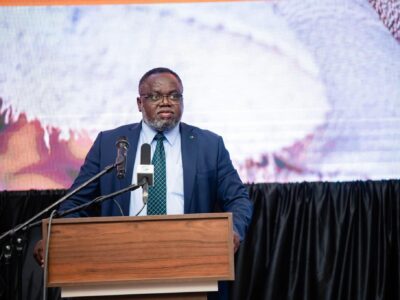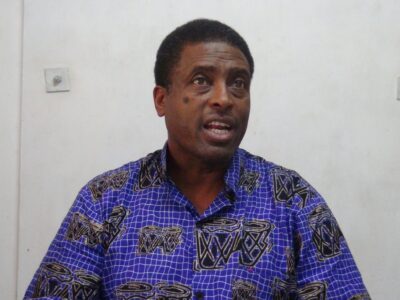The United Nations Conference Centre (UNCC) Integrated National Financing Frameworks (INFFs) has opened in Addis Ababa, Ethiopia, focusing on mobilizing and utilizing financial resources to achieve sustainable development goals (SDGs) in Africa.
The two-day meeting aims to strengthen public finance systems with experts and stakeholders from across Africa.
In her opening remarks on Thursday, Zuzana Schwidrowski, Director of the Macroeconomics and Governance Division at the Economic Commission for Africa (ECA), called for immediate action.
Schwidrowski noted that INFFs, first introduced in the 2015 Addis Ababa Action Agenda, are designed to enhance public and private financing for sustainable development.
“They align financing policies with national development plans, fostering collaboration between public and private sectors,” she stated.
She highlighted that Africa was leading this initiative, with over 40 governments adopting the approach.
“We are entering an era of poly-crises, characterized by multiple shocks, including pandemics, climate change and economic and financial stresses.
“These challenges jeopardize our progress in sustainable development,” Schwidrowski said.
She called for urgent need to raise financial resources to accelerate SDG implementation, noting that countries have less than seven years to meet Agenda 2030.
The severe financing gap, estimated at $200 billion to $1.3 trillion annually, was detailed in the ECA’s Economic Report on Africa 2020.
Schwidrowski stressed the importance of domestic resource mobilization and the role of INFFs in integrating national plans with available resources.
In a video message, Shari Spiegel, Director of the Financing for Sustainable Development Office at UNDESA, underscored the critical role of domestic public finance.
Read More: Economic Commission for Africa outlines measures to bridge SDGs financing gap in Zambia
“Robust and resilient fiscal systems can contribute to alleviating poverty, reducing inequalities, and supporting economic growth,” she stated.
Spiegel highlighted ongoing challenges, including unmet tax potential and the impacts of globalization and digitalization.
She also noted the establishment of a UN Ad Hoc Committee to develop a draft framework for international tax cooperation, calling it a historic step toward a fair and effective international tax system.
Maxwell Gomera, Director of the UNDP Africa Sustainable Finance Hub, provided a compelling perspective on INFFs’ role in transforming African economies.
“With limited resources for necessary growth in many African countries, INFFs ensure that all available resources are effectively mobilized, allocated, and used where they are most needed,” he said.
Gomera emphasized that “INFFs help align public finance with national development priorities, enhance revenue collection, and improve spending efficiency.”
WARNING! All rights reserved. This material, and other digital content on this website, may not be reproduced, published, broadcast, rewritten or redistributed in whole or in part without prior express permission from ZAMBIA MONITOR.












Comments